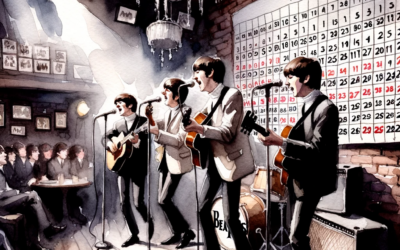Holding on to anger is like grasping a hot coal with the intent of throwing it at someone else; you are the one who gets burned. – Buddha
Leaders seem to struggle with eruptions of anger more than others. They burn through assistants and prompt talented coworkers to leave for calmer pastures. These leaders tend to get more angry over time, not less.
If you’re leading from the middle of the organization, your career might hit a premature ceiling, unless you’ve controlled the visibility of your rages upward. And controlling visibility upward isn’t easy these days, given the many ways employees can report unprofessional behavior.
If you’re leading/raging from the top, your employees might be rooting for you to fail or be humiliated (the way they have by you). You may hear words like “bastard” or “bitch” behind your back, and though you may blow it off as envy, it’s probably not.
New clients are often surprised by the time I spend asking them about their relationships with their kids and spouses. They think it is because I’m focused on work/life balance. In truth, it’s because people usually enact the same behavior patterns at home as at work. The home relationships have greater meaning, though, and are more likely to motivate behavioral changes.
When a client shares with me that he erupted at the kids for “some lame reason,” we have begun to explore the tipping point of anger.
When I ask, “What do you gain from your anger?” the answer is typically “Nothing.” And yet it was important enough for them to yell, raise their voice, and become out of control (if not violent).
So why do leaders get so angry?
Is it because they’re under more stress? Because anger works (at least in the short-term) to get what they want? Or is it because they’re uncomfortable when they’re not in control?
It’s a combination of all these things usually. And it can take a while for leaders to acknowledge these triggers and the psychic benefit they get from anger–the feeling of momentarily gaining control by, ironically, losing control of their emotions.
When they yell at their kids, it’s because their kids are controlling them and they don’t like it. They want it to stop. They want to be the ones in control.
As a leader, do you like being yelled at? Does it work as well on you as you believe it works for you?
If your anger is out of control, it’s time to address the behavior. It’s not worthy of you, and you’ll be a better leader without it.




